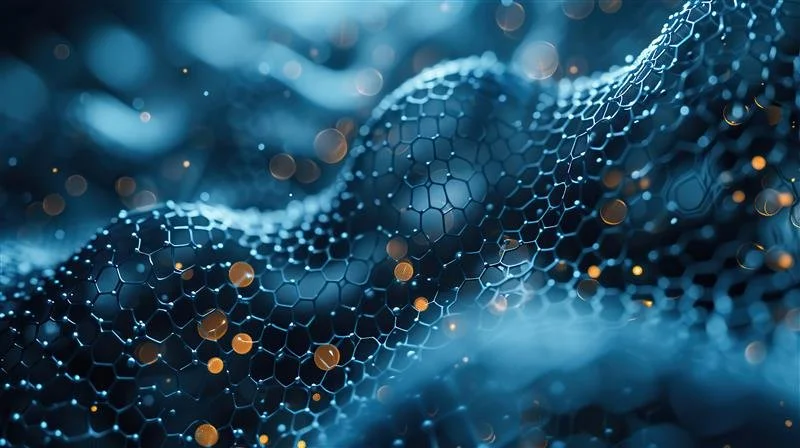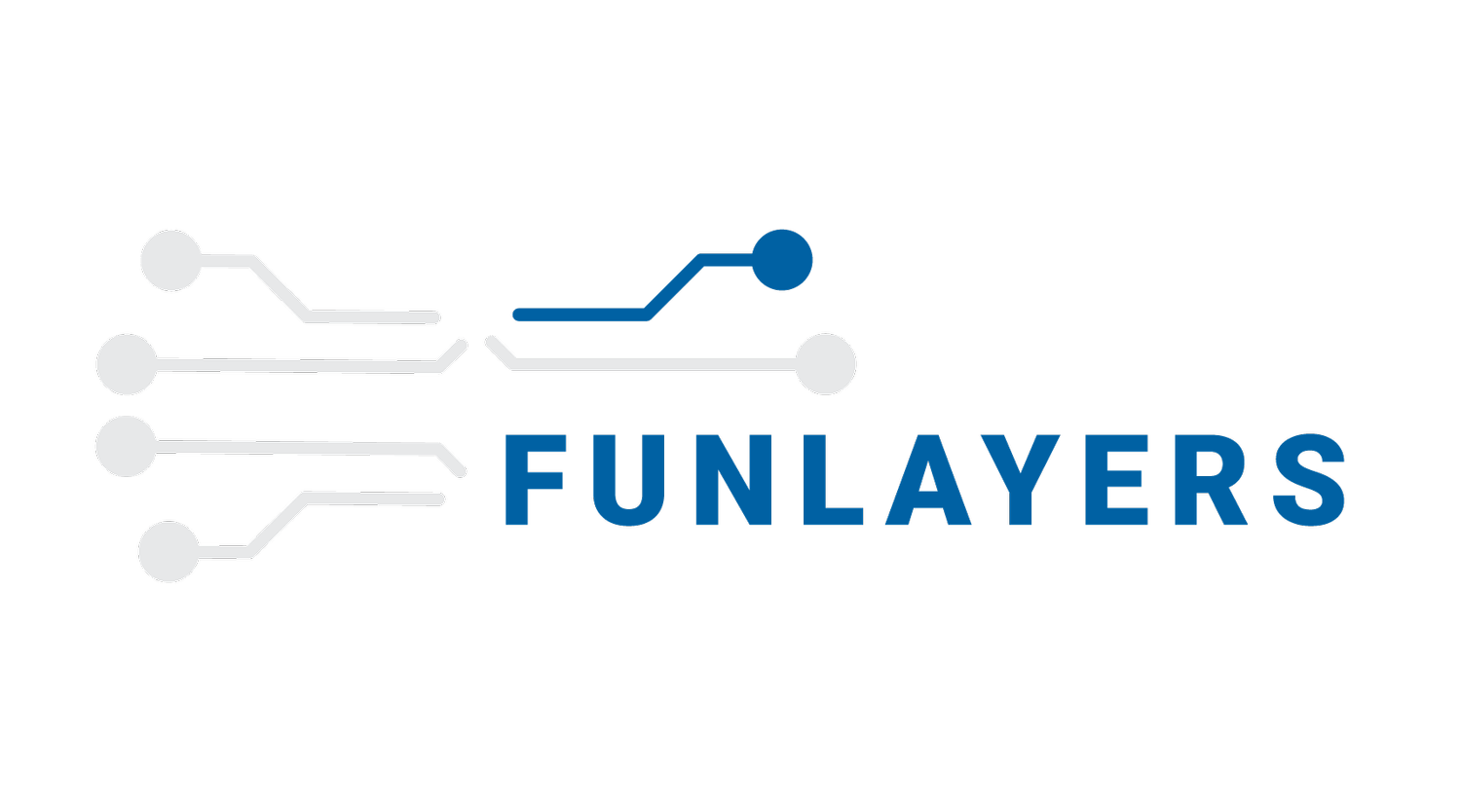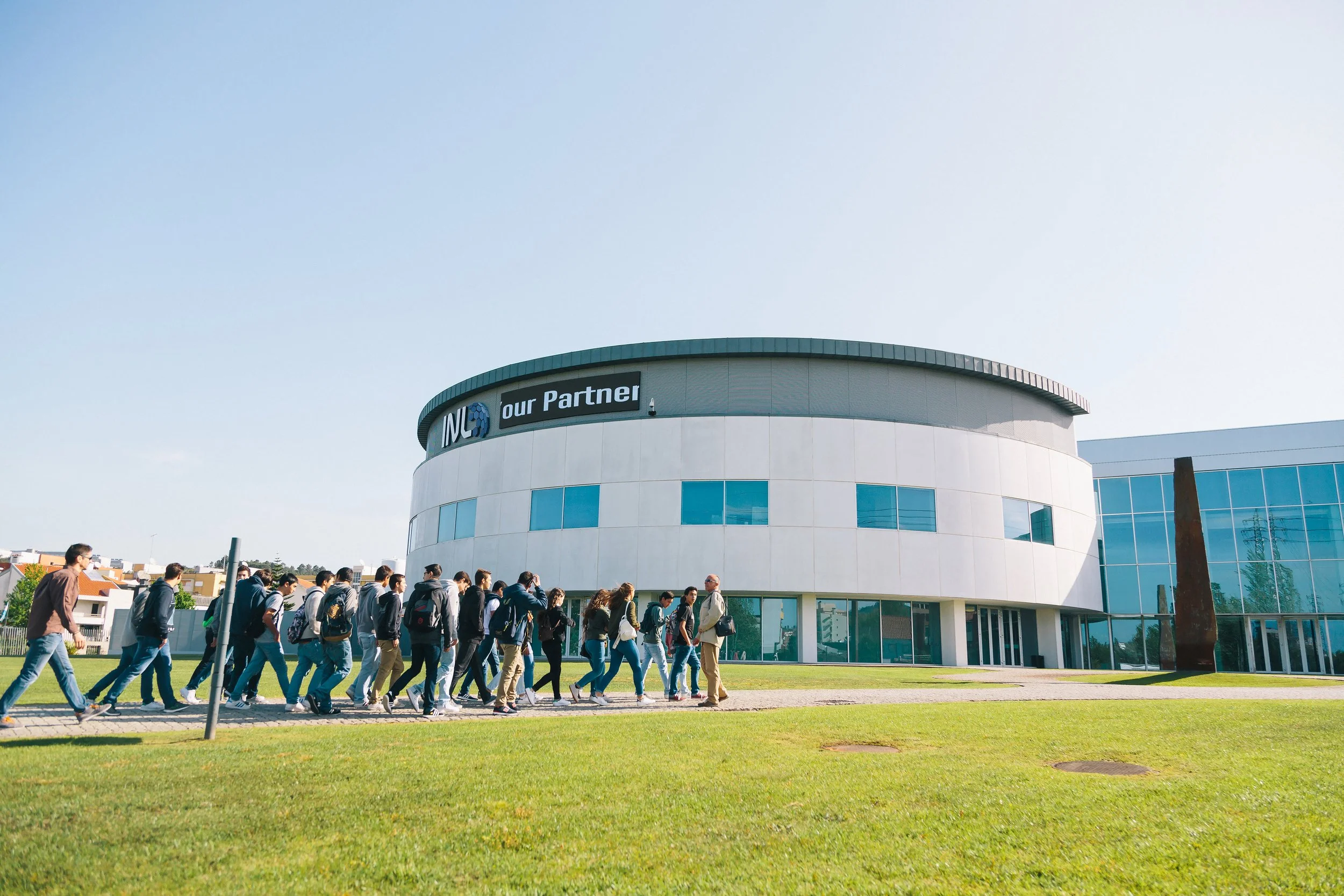
Training Workshop: Modelling Layered Materials
October 13-15, 2025
INL - International Iberian Nanotechnology Laboratory
Braga - Portugal
About
Part I – Advanced Quantum Modelling (October 13-14 | Monday and Tuesday)
The first part combines lectures with focused hands-on training sessions on advanced quantum modelling techniques, including:
Density Matrix Renormalization Group (DMRG)
Quantum Neural States
And other state-of-the-art methods
The program will also feature several 30-minute talks on recent developments in the theory and modelling of two-dimensional materials.
Open to: PhD students and postdocs working in condensed matter theory and electronic properties of materials.
Part II – Workshop on Transferable Skills: Scientific Research Papers Writing (October 15 | Wednesday)
The second part is a dedicated training on scientific writing, designed to strengthen research communication skills.
A 3-hours hands-on in-person workshop in which participants will learn the structure of a manuscript and the role and tips of each section (Abstract, Introduction, Methods, Results, Discussion and Conclusions). Attendees will also learn strategies to write efficiently, from planning to drafting and revising, as well as identify and overcome common challenges in manuscript writing. This group training is designed to be capacity-building training sessions with individuals and group exercises.
When
October 13-15, 2025
Where
INL – International Iberian Nanotechnology Laboratory | Braga, Portugal

Invited speakers
-

Gonçalo Catarina
Laboratories for Materials Science and Technology (Empa), Switzerland
-
José Lado
Aalto University, Finland
-
Sofia Sanz
UPV-CSIC, Spain
-
Ricardo Ortiz Cano
U. Aveiro, Portugal
Programme
Part I – Advanced Quantum Modelling (Monday and Tuesday)
Density-matrix renormalization group: a pedagogical introduction - Gonçalo Catarina
The density-matrix renormalization group (DMRG) has become the reference numerical method to obtain the low-energy properties of one-dimensional quantum systems with short-range interactions. In this talk, I will provide a pedagogical introduction to DMRG, presenting both its original formulations and its modern tensor-network-based version.




